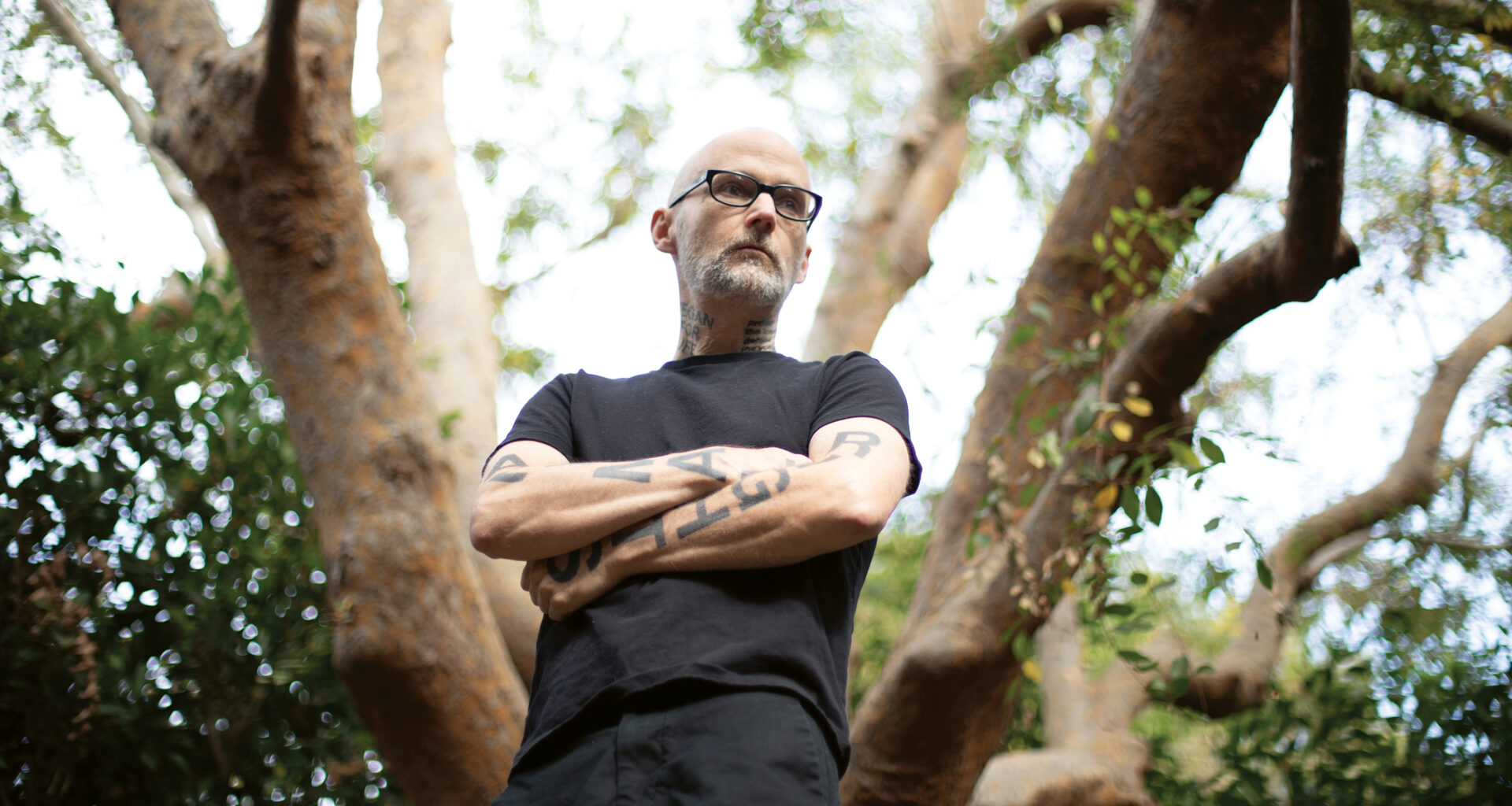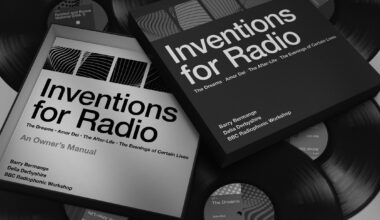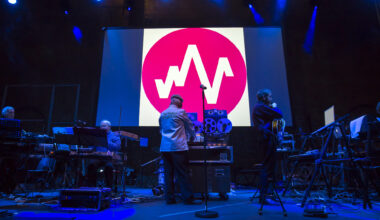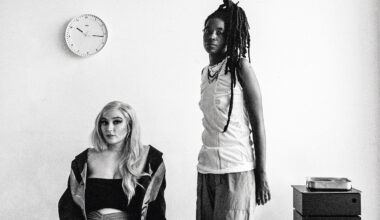Moby is leading a sedate existence these days, but it wasn’t always that way. Ahead of the release of his latest album, ‘Reprise’, he describes his route from excess to serenity
Want to read more?
Sign up to Electronic Sound Premium to gain access to every post, video, special offers, and more. 100%, all you can eat, no commitment, cancel any time.
Already a premium member? Log in here






